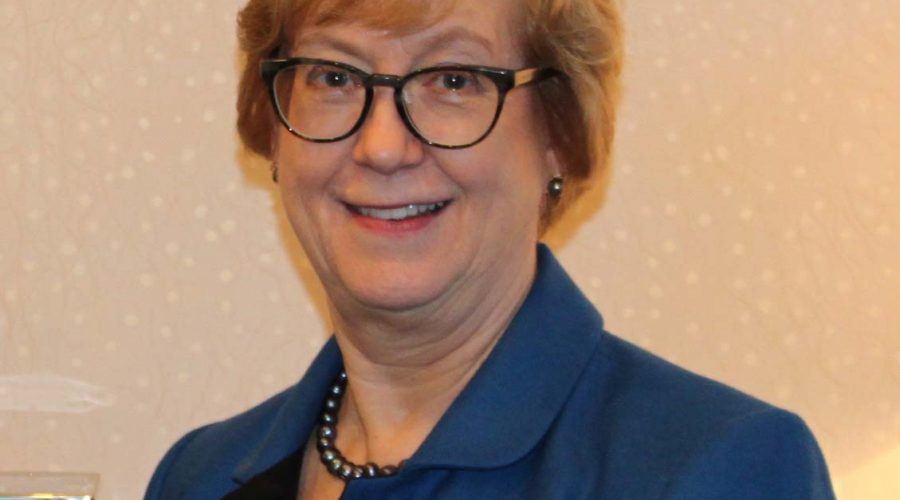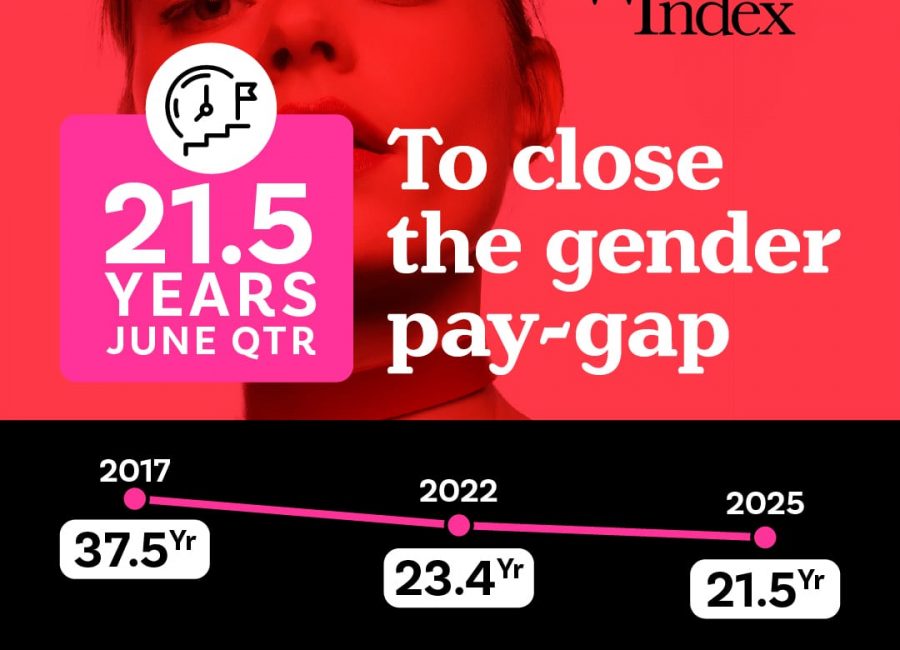Businesswoman and multi-board member Merran Kelsall’s resume is an impressive one but it’s what she says about spotting your strengths and building networks, that really grabs our attention.
As a board director with VicSuper, TarraWarra Museum of Art and RACV club, Merran tells The Constant Investor how she took an interest in executive coaching and what she’s teaching others.
“You really have to understand yourself and what your strength are.
“You need to ask the question of those who work for you and those to who you report, such as “What is it that I do well, what do you see as important and what are my strengths”.”
“Have that reflection about what you’re good at and then playing to those strengths” says Merran, who recommends there is value is doing this both formally and informally.
“The formal, 360-degree review approach tends to be within organizations and that can be confronting and very powerful.
“But if you actually go and ask people who are part of your network, you’d be surprised how insightful some of their comments can be, which then gives you material to work on.
It’s part of the reflection of your own journey periodically, whether it’s thinking about your New Year’s Resolution or just taking some quiet time”
Once you’re clear on your strengths, make sure you turn the spotlight on them.
“In an executive team or board, given the value of diversity, there’s always going to be people with other skills who are different from you, so rather than focusing too much on ‘I’m not very good at XYZ, therefore I need to get that skill.
“Probably not, the main thing is to make sure someone else you’re working with has that skill and you focus on what you’re good at and do it better and better.”
Creating a powerful network is not about spraying business cards around or hanging out with lots of people you don’t like.
Focus on developing a smaller number of strong connections, peers you have a lot in common with, that you admire, respect and enjoy spending time with.
“I’ve got to the point in my life where now I really only want to work with the people I like, respect and trust.
“That’s a dividing line between whether I’ll accept doing something or not. Then, can I make a difference? Is it an organization to which I want to belong?
“Am I going to be valued? Because if I’m not, then I’m just wasting my time and I know I’m going to be unhappy.”
On juggling her workload, Merran describes herself as a little chaotic on the surface but in fact is very disciplined in her approach to time management and pre-planning.
She kicks off the weekend by using Saturday mornings to priorities her list of action items and commitments for the upcoming week.
A fan of the Steven Covey’s classic 7 Habits of Highly Successful People, Merran regularly circles back to Covey’s time matrix to evaluate how she’s spending her time.
“If you really do have a strong sense of what’s not urgent but is important and try and make sure you spend time each week, and certainly on a monthly basis, putting adequate time into that.”












